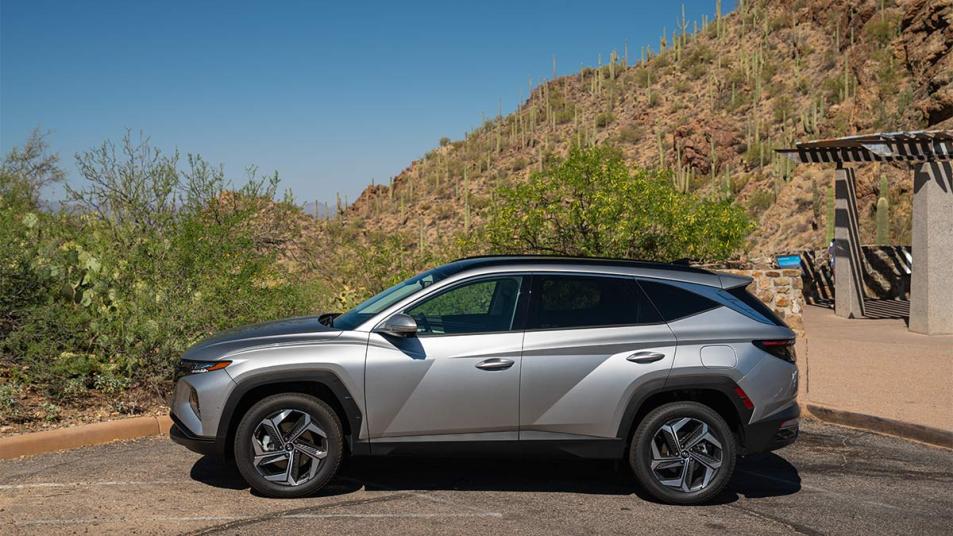Blitz News Digest
Stay updated with the latest trends and insights.
Hybrid Cars: The Unsung Heroes of Eco-Friendly Driving
Discover why hybrid cars are the ultimate eco-friendly driving solution and how they can save you money and the planet!
The Environmental Benefits of Hybrid Cars: A Comprehensive Overview
Hybrid cars are increasingly recognized for their environmental benefits, making them a popular choice for eco-conscious consumers. By combining a traditional internal combustion engine with an electric motor, hybrid vehicles significantly reduce carbon emissions compared to conventional gasoline-powered cars. A comprehensive overview of their advantages reveals that hybrid cars can help to decrease air pollution and lower greenhouse gas emissions. According to estimates, hybrids emit nearly 25-35% fewer harmful pollutants, thus contributing to cleaner air and a healthier planet.
In addition to reducing emissions, hybrid cars also promote energy efficiency. They are designed to utilize regenerative braking systems, which capture energy that would otherwise be lost during braking and redirect it to recharge the battery. This innovative technology not only enhances fuel economy but also fosters sustainable driving habits, aligning with the global push for green energy. Furthermore, hybrid vehicles typically have a longer operational life due to their efficient use of fuel and reduced wear on the engine components. Overall, the shift toward hybrid technology represents a crucial step in combating climate change and preserving our natural environment.

How Hybrid Cars Work: The Science Behind Eco-Friendly Driving
Hybrid cars represent a remarkable fusion of traditional gasoline engines and advanced electric drivetrains, designed to enhance fuel efficiency and reduce emissions. At the heart of a hybrid vehicle is its powertrain, which consists of an internal combustion engine (ICE) and one or more electric motors. These components work in tandem, utilizing a complex system of sensors and controls to optimize performance. When the car accelerates, the system intelligently switches between the gas engine and electric motor, or even combines both sources for maximum power. This seamless transition not only improves fuel economy but also decreases reliance on fossil fuels, making hybrid vehicles a popular choice for eco-conscious drivers.
Another key element of hybrid technology is the battery system, which stores energy generated during driving and through regenerative braking. Regenerative braking captures kinetic energy that is normally lost during stopping and converts it back into electrical energy to recharge the battery. As a result, hybrid cars can operate efficiently in urban environments where stop-and-go traffic often occurs. This dual use of energy—combining electric and gasoline power—highlights the innovative science behind eco-friendly driving. As more drivers turn to hybrid technology, we move a step closer to a sustainable future in transportation, making a significant impact on the air quality and the environment.
Are Hybrid Cars Worth It? Evaluating Cost, Efficiency, and Sustainability
When considering whether hybrid cars are worth the investment, it's essential to evaluate their overall cost and efficiency. While the initial purchase price of a hybrid vehicle can be higher than that of a traditional gasoline car, the long-term savings on fuel can be significant. According to various studies, hybrid cars typically achieve better fuel efficiency, often averaging between 40 to 60 miles per gallon, depending on the model. This increased efficiency leads to lower fuel expenses, which can offset the higher upfront cost over time, especially for those who drive frequently or cover long distances.
Beyond financial considerations, sustainability is a crucial factor in the hybrid car debate. These vehicles produce fewer emissions than conventional cars, making them a more environmentally friendly option. Furthermore, many hybrids use advanced technologies that contribute to reduced air pollution and a smaller carbon footprint. As consumers become increasingly aware of their environmental impact, the choice to invest in a hybrid vehicle can align with personal values regarding sustainability and conservation efforts, making them worth considering for eco-conscious individuals.